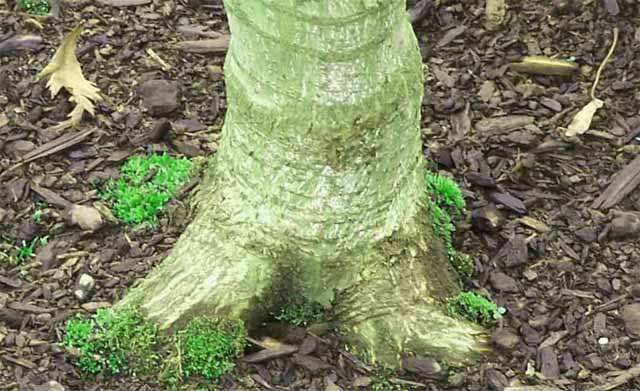This article will cover Conserving water to help your leach field lines. The drain field is
also known as the leach field. It occupies a significant amount of space in
your yard because it is composed of leach field lines, which are rows of
perforated pipes that are responsible for evenly distributing the pre-treated
effluent throughout the leach field so that it may be evenly distributed in
your yard, treated properly, before it is returned to the surrounding
environment. Each leach field line has a pipeline that is perforated. The
perforations needed by these pipes are for the even distribution of the
pre-treated effluent from the septic tank. The leach field has aerobic bacteria
and bio mat to further treat and purify the pre-treated wastewater before it is
released back into the surrounding environment.
Leach fields play an
important role in wastewater treatment system because it assures the release of
the effluent’s safer form. If the leach field functions optimally, then there
will be no contamination in the surrounding water systems and clean water
supplies. The leach field lines have perforations. These holes make the lines
prone to the entrance of sediments and runoff from the surrounding soil. You
should make sure that no such contamination happens so that wastewater treatments
can go on flawlessly.
Just like the septic
tank, the leach field is a vital component of the residential wastewater
treatment system. Leach fields should be well taken care of so that the entire
septic system may last for decades. As the homeowner, you should see to it that
the leach field lines are safe and well maintained. To do this, you should
perform the following:
ü Remove any vehicles
or structures over the leach field. The heavy weight of these objects cause
soil compaction. In soil compaction, the weight crushes the leach field lines.
The damage results to wastewater backups and flooding. You should never treat
the leach field area as a parking lot or a storage facility.
ü Divert the rain
gutter to drain away from the leach field. Additional water must be prevented
from entering the leach field because this will only result in wastewater
backups and flooding. When excess water from runoff enters the septic tank, the
solid waste materials are stirred up and flow into the leach field. The leach
field is then clogged up. This will inevitably fail if this is not corrected
immediately.
ü Avoid using harsh
chemicals as household cleaners. These chemical compounds kill the anaerobic
bacteria in the septic tank. When this happens, the solid wastes are not broken
down anymore. The solid particles flow into the leach field and clog everything
as well. This could ultimately lead to the failure of the entire wastewater
treatment system.
ü Avoid dumping
non-biodegradables and grease into the drains and toilets. These substances
will not be broken down by the bacteria in the septic tank. They will just stay
in the tank and clog the system, eventually leading to its failure.
ü Remove hardwood
plants near or around the leach field lines. The roots of higher hardwood
plants are very invasive because they seek consistent and abundant sources of
water and nutrients. If the plants are not relocated soon, their roots will
damage the leach field lines and this will result to wastewater backups and
flooding.
ü Do not waste water. Conserving water to help you care for
your leach field lines is an ideal
practice in responsible household. This can be performed by not taking tub
baths every day. This should be cut down to once a week or once every two
weeks. You should also avoid using washing machines and dishwashers at the same
time. This will pour in a rush of greywater from these appliances. The rush of
additional water will stir up the solid waste. The solid particles enter the
leach field and clog it.
Part of your
responsibility as a homeowner is to take good care of your leach field.
Hopefully, you will be able to maintain your leach field lines properly and
have a lasting septic system for decades to come.


